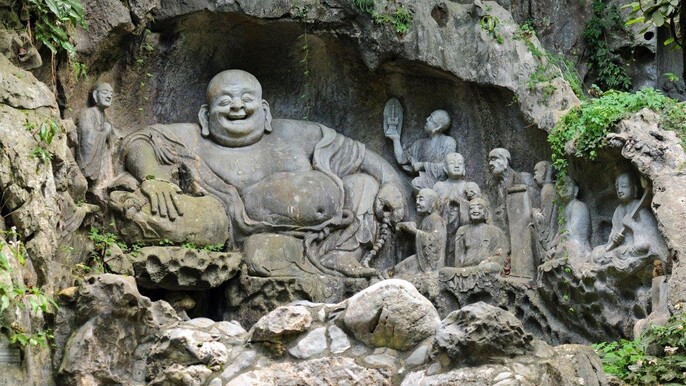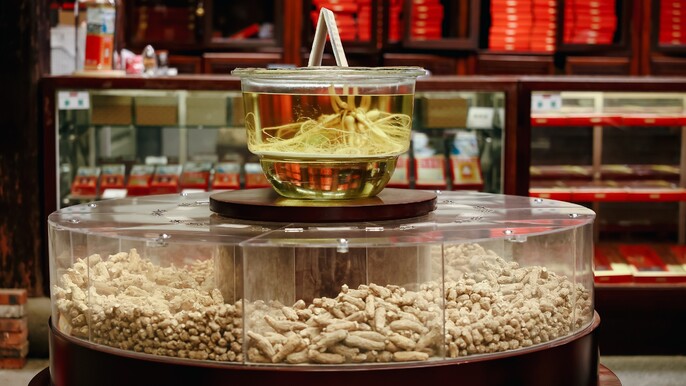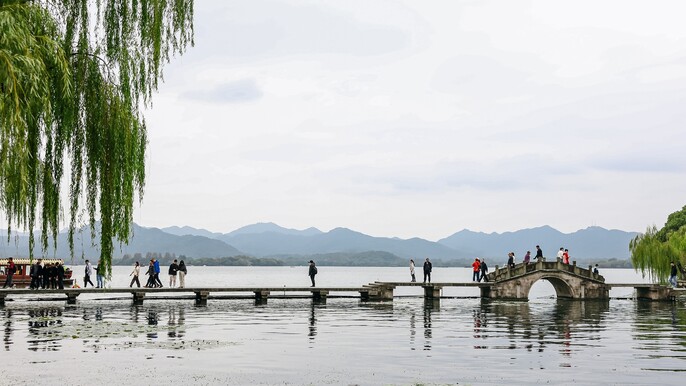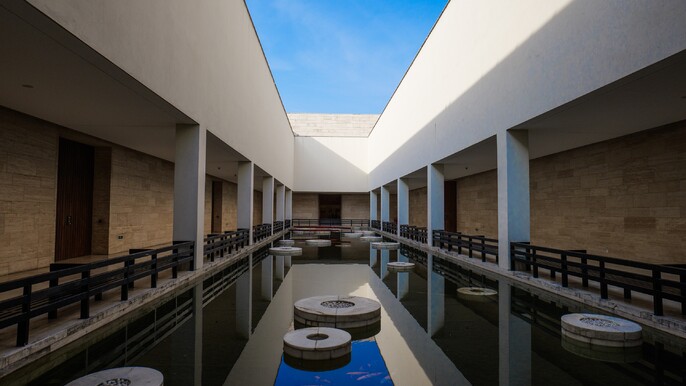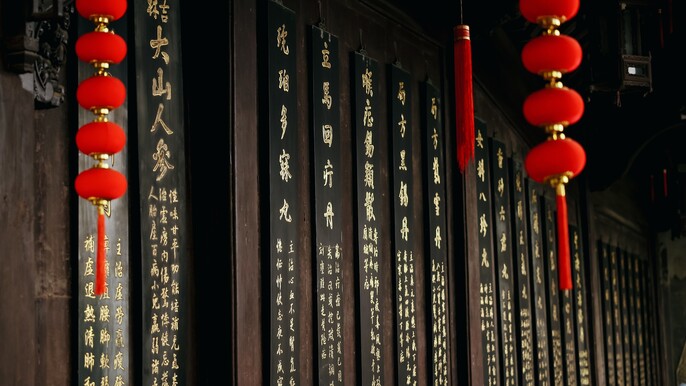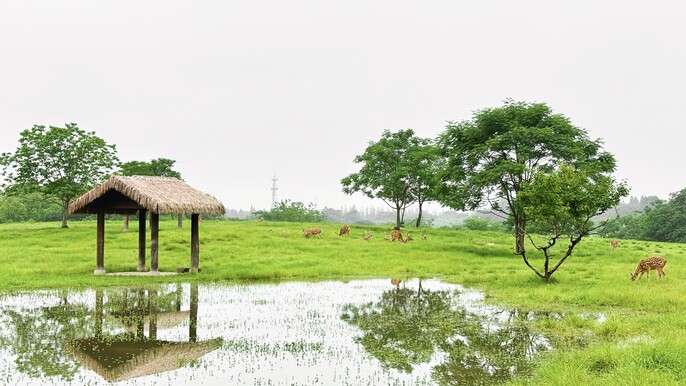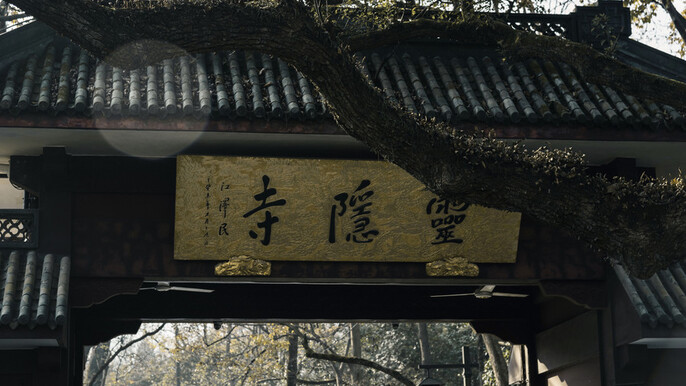3 Days in Hangzhou: Ancient Healing & Heritage, Private Tour
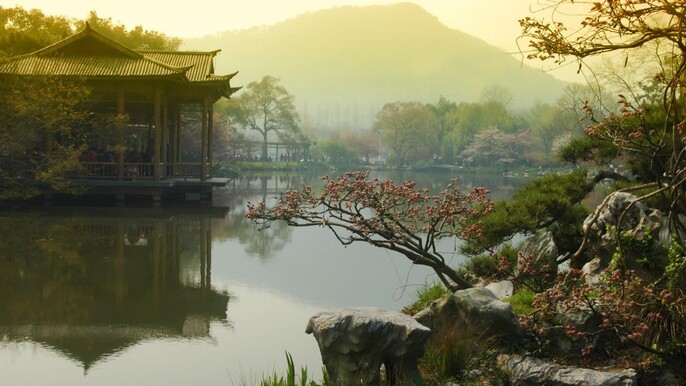
Description
Immerse yourself in the ancient wellness traditions of Hangzhou on this 3-day cultural tour. Begin by exploring the roots of Traditional Chinese Medicine (TCM) at the historic Hu Qing Yu Tang museum, where you can taste unique herbal remedies like Ginseng Coffee. Then, journey back 5,000 years at the Liangzhu Ancient City, explore the vibrant life along the Grand Canal, and find serenity at the sacred Lingyin Temple.
TOUR HIGHLIGHTS
Hangzhou: Capital of Zhejiang Province and one of China’s seven ancient capitals, renowned for its enchanting natural scenery and rich cultural heritage.
West Lake: A scenic and iconic landmark of Hangzhou, celebrated for its tranquil waters framed by lush greenery, rolling hills, elegant bridges, and historic pagodas, reflecting centuries of Chinese art and culture.
Hu Qing Yu Tang Museum: A historic museum of Traditional Chinese Medicine, showcasing centuries-old herbal remedies, medicinal artifacts, and the art of ginseng preparation, offering a glimpse into China’s rich healing traditions.
Included
TOUR GUIDE:
- Operated with an English-speaking local guide
ACCOMMODATION:
- 2 nights' accommodation
MEALS:
- 2 Breakfasts
TRANSPORT:
- Inbound/Outbound private transfers from/to Hangzhou Airport
- Air-conditioned private transfer throughout the tour
ENTRANCE FEES AND ACTIVITIES:
- All entrance fees and activities mentioned in the itinerary: visit to Residence of Hu Xueyan and the Hu Qing Yu Tang Museum (Day 1); visit to Liangzhu Museum and the Liangzhu Ancient City Ruins Park, Gongchen Bridge and the Qiaoxi Zhijie Historic Street Block (Day 2); visit to Lingyin Temple and the Feilai Peak scenic area (Day 3)
OTHER:
- Meet & Greet
Excluded
- International flight tickets and airport taxes or China visa fees (if any)
- Rail tickets
- Travel Insurance
- Tips for guides and drivers
- Expenditures of a personal nature, drinks and meals or items not stated explicitly in the program
- City tax not included, payable on the spot
- Any visit not mentioned in the programme
Know before you go
Comfortable and light clothing is best suited to travel in the warm months and warm clothing in the colder months in China. Visitors should not wear sleeveless shirts, shorts, short skirts or sparse clothing when visiting temples, religious or official buildings. Sun protection, sunglasses and a hat can be very useful during your stay.

